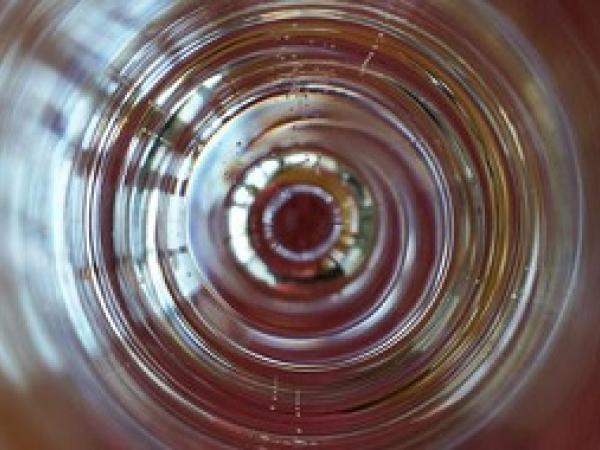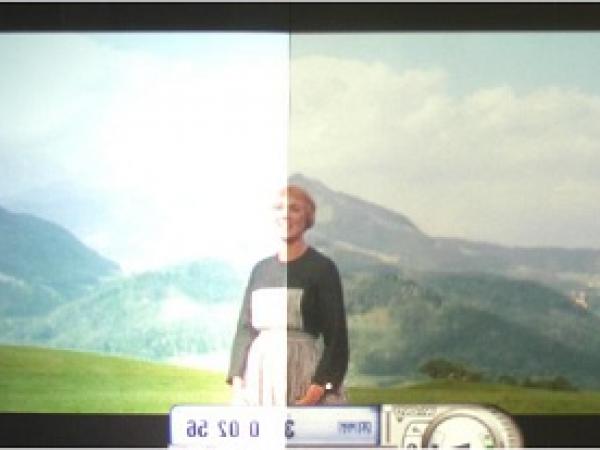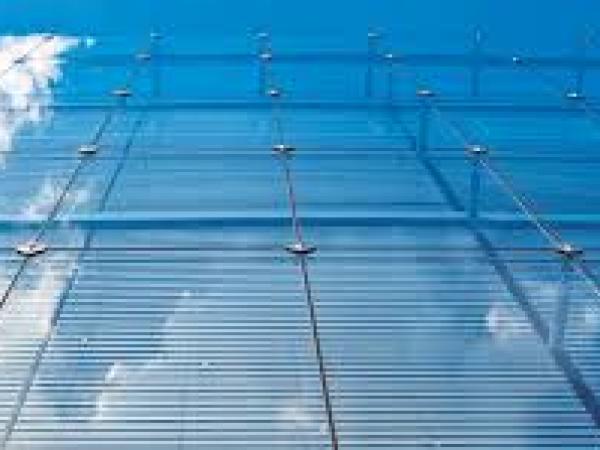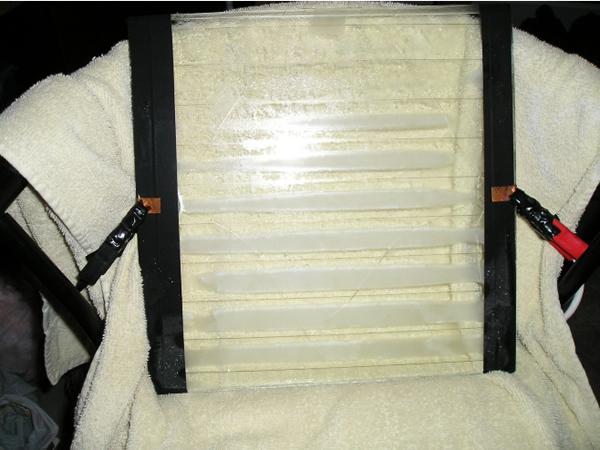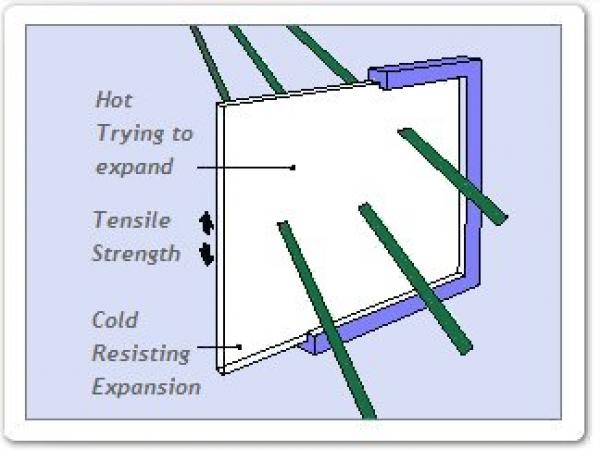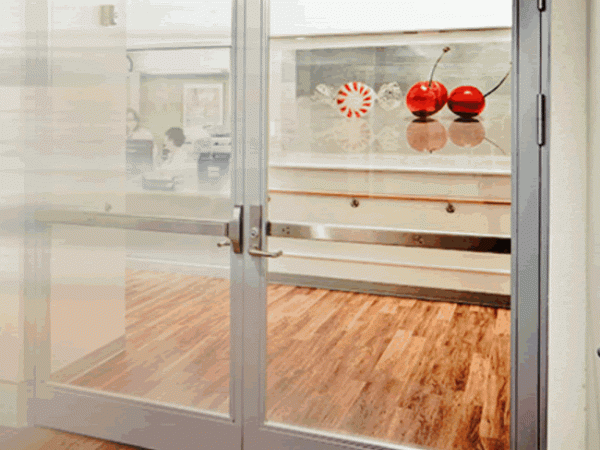Others also read
| A new method of manufacturing glass could lead to the production of ‘designer glasses’ with applications in advanced photonics, whilst also facilitating industrial scale carbon capture and storage.
| With maximum light capture being a major part of the design brief, the new John and Frances Angelos Law Center, the home of the University of Baltimore School of Law, is a fascinating example of how DuPont™ SentryGlas® can be deployed for both functional and aesthetic purposes.
| In various applications of liquid crystal (LC) films, people always want the lowest haze at clear state and the highest opacity or scattering at opaque state.
| The architectural façade has long been a compelling focus of interest for building scientists and designers alike, combining attributes of both appearance and performance in a manner unlike any other building system.
| Approaching the built environment from the point of view of phenomenal light allows James Carpenter to consider the luminous qualities of glass and other materials and the experiential qualities of light as a primary concern of architectural design.
| glassonweb.com dedicates the weekly focus to a technical article titled "A Sealed System for Heatable Glass - A New Product; the article is written by Prem Boaz, President of Glass Products Consulting LLC in Port Orange, Fla..
| Advantages of the use of Radio Wave energy in the forming of glass and of tempering thin glass of less than 3.00mm. Some of the inherent problems in the conventional thermal tempering of thin glass are also presented.
| Fire sprinklers in a glazing publication? The topic may seem unrelated to the glass industry, yet in reality, what you know about sprinklers may significantly impact the way you glaze a building for fire safety and protect you from liability issues.
| This information introduces the concept of thermal stress which may be induced in glass as a result of exposure to solar radiation.
| There is a great deal of confusion in the industry about how sprinklers and glass work together to provide fire protection. Which of these statements would you agree with?
| Architects have more options than ever for incorporating glazing into building designs. One product introduced to North America in recent years is channel glass.
| We'll begin with some basic definitions. Just what is fire-rated glass? As the name implies, it is glass that has proven to offer a certain degree of protection in the face of fire. That may sound like a strange task for glass to perform.
| A comprehensive fire protection program addresses at least three things: detection, suppression and compartmentation. Detection devices such as smoke and fire alarms provide early warnings and are essential for alerting people to danger.
| Part of what made the fire so deadly was the inadequate fire protection in place at the time. According to Associated Press sources, the fire alarms in the building were extremely unpredictable.
| Windows and, generally, glass allow you to see and to be seen. However, sometimes it may be desirable to be shielded from view. Liquid crystal glazing is a perfect alternative to conventional curtains in a variety of contexts.
| The energy loss associated with glass is a major concern for designers and owners. Heat loss in winter and overheating in summer represent a major portion of the heating and air-conditioning (AC) load, contributing significantly to the cost of operating a building.
| Wired glass is more dangerous than regular glass when it breaks because the exposed wires are razor sharp.
| In order to determine the safe use of fire-rated glazing in critical life safety locations, you need to know how much radiated energy passes through any given fire-rated glass product.
| The use of transparent glass in conducting electricity using LEDs, short for light emitting diodes, is increasing. LED's are approaching the lifespan of standard building materials, making it cost effective to embed them directly in structural components and architectural finishes.

